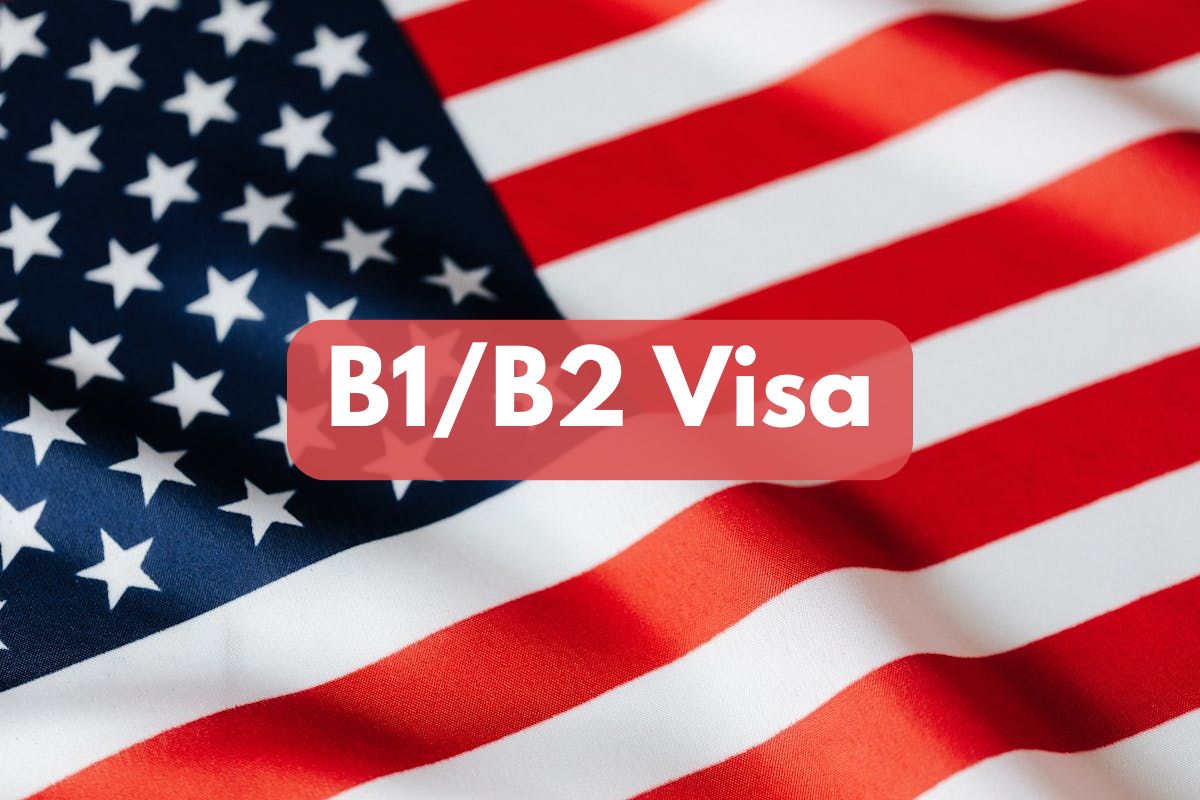The United States just made it official: starting August 20, 2025, citizens of Malawi and Zambia applying for B1/B2 visas (tourism or business) may now be required to pay a visa bond, an added condition aimed at curbing visa overstays.
Let’s walk through exactly what’s changing, who it affects, and what travellers need to do to avoid trouble.
What Is a Visa Bond?
A visa bond is a financial guarantee travellers from certain countries must pay to prove they’ll follow U.S. visa rules. It’s refundable if they leave on time and meet all visa conditions.
Who Needs to Pay the Visa Bond?
As of now, this rule only applies to travellers holding a passport from Malawi or Zambia, based on recent US Department of Homeland Security (DHS) data showing high visa overstay rates from these countries.
If you’re otherwise eligible for a B1 or B2 visa, a US consular officer may now ask you to post a bond during your visa interview. The amount isn’t fixed; it could be $5,000, $10,000, or $15,000, depending on how the officer assesses your case.
When and How to Pay Visa Bond
If you’re asked to post a bond, here’s how the process works:
- The consular officer will explicitly instruct you to submit the bond.
- You’ll be given a direct link to pay online via the US Department of the Treasury’s Pay.gov platform.
- You’ll also need to complete Form I-352, which outlines the terms of the bond.
Important: Don’t pay anything upfront or through any third-party website. If you send money without being directed by a consular officer, it won’t be refunded—even if your visa is denied.
Ports of Entry: Only These Three Airports Count
If you’re approved under this bond program, you must enter and exit the US through one of the following airports:
- Boston Logan International Airport (BOS)
- John F. Kennedy International Airport (JFK)
- Washington Dulles International Airport (IAD)
Use a different airport, and you could be denied entry or your exit might not be properly recorded, which would affect your bond status.
Will You Get Your Money Back?
Yes, but only if you follow the rules.
Here’s when the bond will be automatically refunded:
- You leave the US on or before the authorised date.
- You never use the visa (i.e., don’t travel to the US).
- You are denied entry at the port of entry and are turned back.
When the Visa Bond Is Forfeited
The Department of Homeland Security (DHS) will decide if someone breaks the bond terms. Reasons for losing your bond include:
- Staying beyond the date allowed on your visa.
- Remaining in the US without departing at all.
- Attempting to adjust your status, such as applying for asylum or a green card, while on a B1/B2 visa.
Once DHS determines a breach, the bond is forfeited and won’t be refunded.
Why This Matters
This move is part of a broader effort to hold travellers accountable for overstays, which have long been a concern for US immigration authorities. For travellers from Malawi and Zambia, it adds a significant financial hurdle and new logistical requirements, especially around the limited airports and refund rules.
If you’re planning a US trip for business or tourism from either country, be prepared. And most importantly: wait for official instructions before paying anything.
To get daily travel news & updates, follow us on Facebook, X (Twitter), LinkedIn, Instagram, or Threads.
